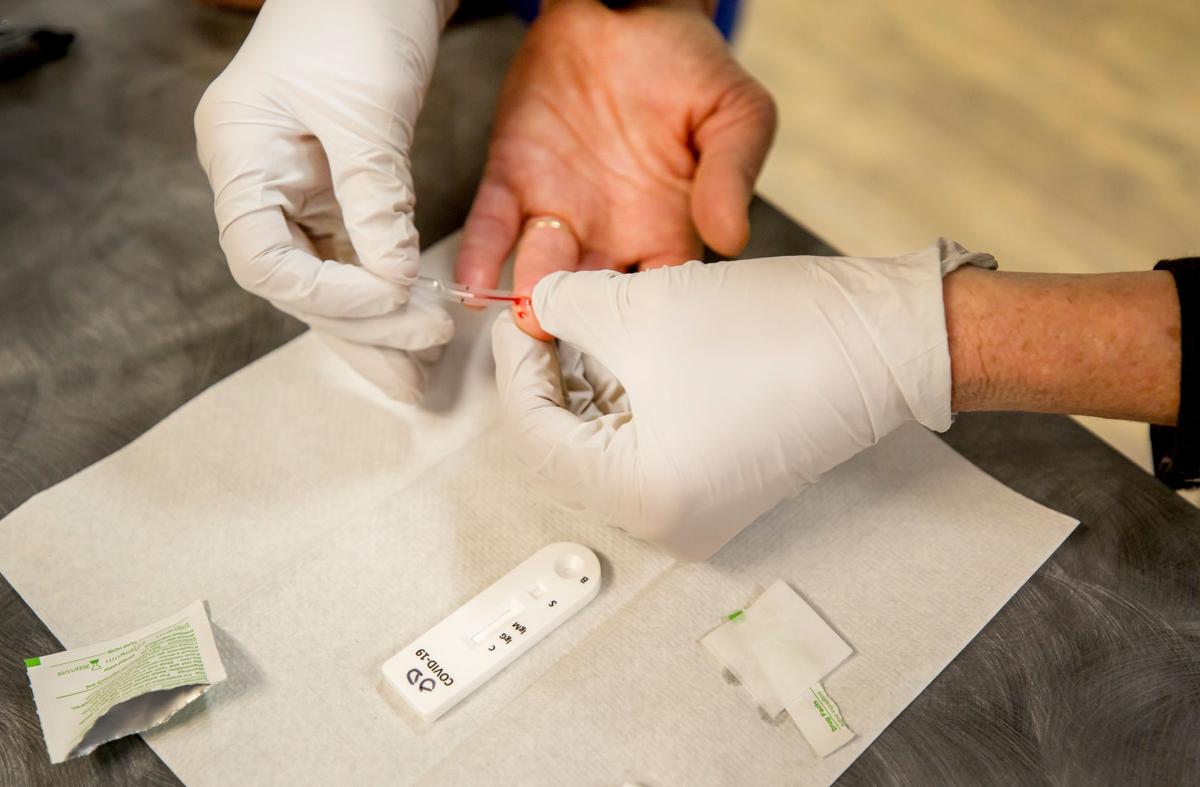The International Rescue Committee’s Tucson office was awarded a $250,000 federal grant to help prevent COVID-19 in refugee, immigrant and migrant communities, announced officials.
The National Association of County and City Health Officials said the local IRC is among a total of 23 organizations receiving grants nationwide. The grants, funded by the U.S. Centers for Disease Control and Prevention through the national association, will aid pilot projects between health departments and community-based organizations to rapidly scale up COVID-19 prevention and vaccination, said Lucy Slater, a program director of NACCHO.
Local IRC officials could not be reached for comment. The refugee resettlement program will work with the Pima County Health Department on the pilot programs.
Programs may include education and awareness of the importance to wear masks, social distancing and handwashing. There also will be a focus on vaccinations, COVID-19 testing and contact tracing, said Slater.
People are also reading…
The national county and city health association is partnering with the University of Minnesota’s National Resource Center for Refugees, Immigrants, and Migrants to support health departments and community agencies in their work with refugee and immigrant communities that are disproportionately affected by COVID-19. The work may include community workshops, town hall meetings, pop-up vaccine clinics and community health care workers going into neighborhoods, said Slater.
“Meaningful engagement of affected communities in public health is a guiding principle of our work,” said Lori Tremmel Freeman, chief executive officer of NACCHO.
Freeman said the partnership with the University of Minnesota will provide the “communities and local health departments the resources they need to build and sustain the kinds of relationships and connections that result in strong public health.”
While COVID-19 has impacted all communities, multiple factors put some refugee and immigrant communities at disproportionate risk from the virus, including “work environments that make social distancing challenging, tenuous social and economic positions that make prevention and mitigation activities such as isolation and quarantine difficult, immigration status, and barriers to health care access,” according to University of Minnesota data.
These populations also exhibit strength and resilience regardless of these barriers, as well as a commitment to their communities, officials said. This grant project is intended to build upon these assets and support these communities to strengthen public health efforts during this crisis and into the future.
Contact reporter Carmen Duarte at cduarte@tucson.com or on Twitter: @cduartestar











